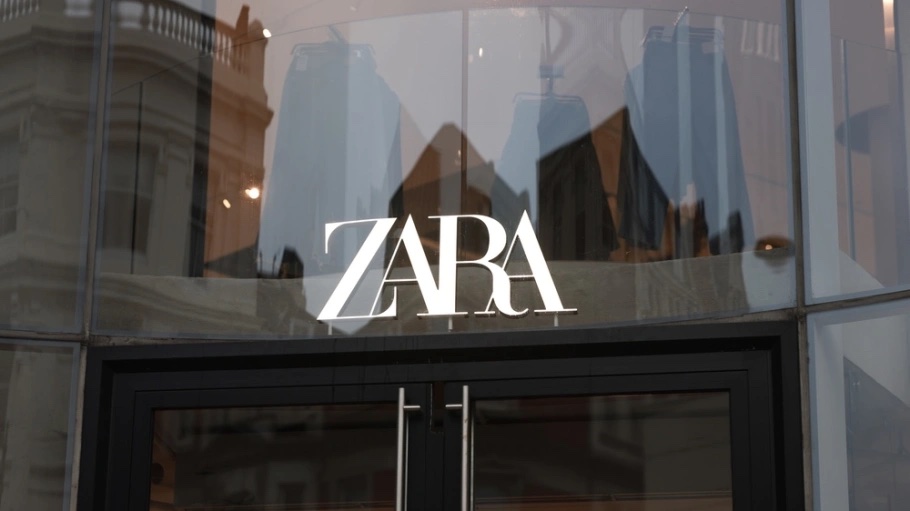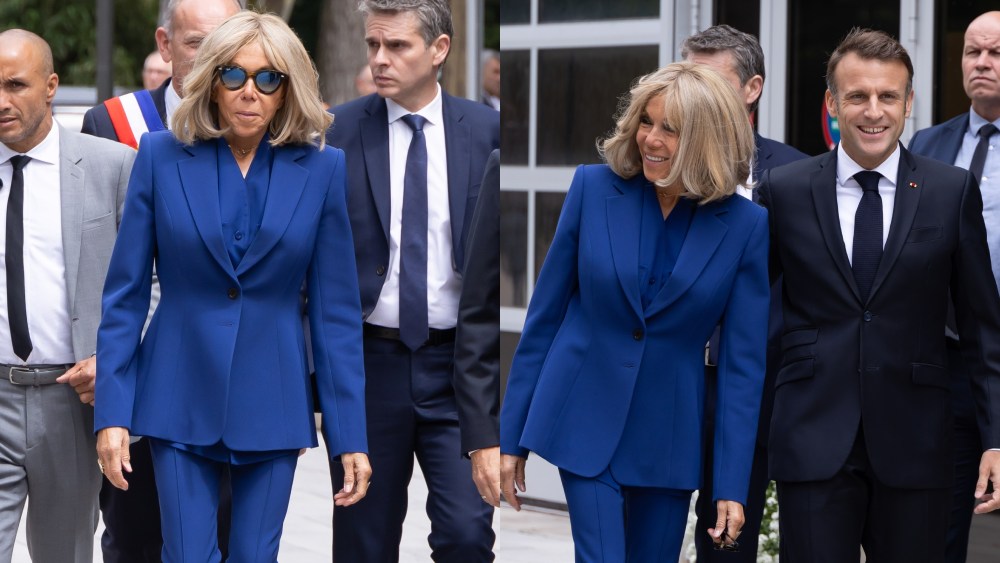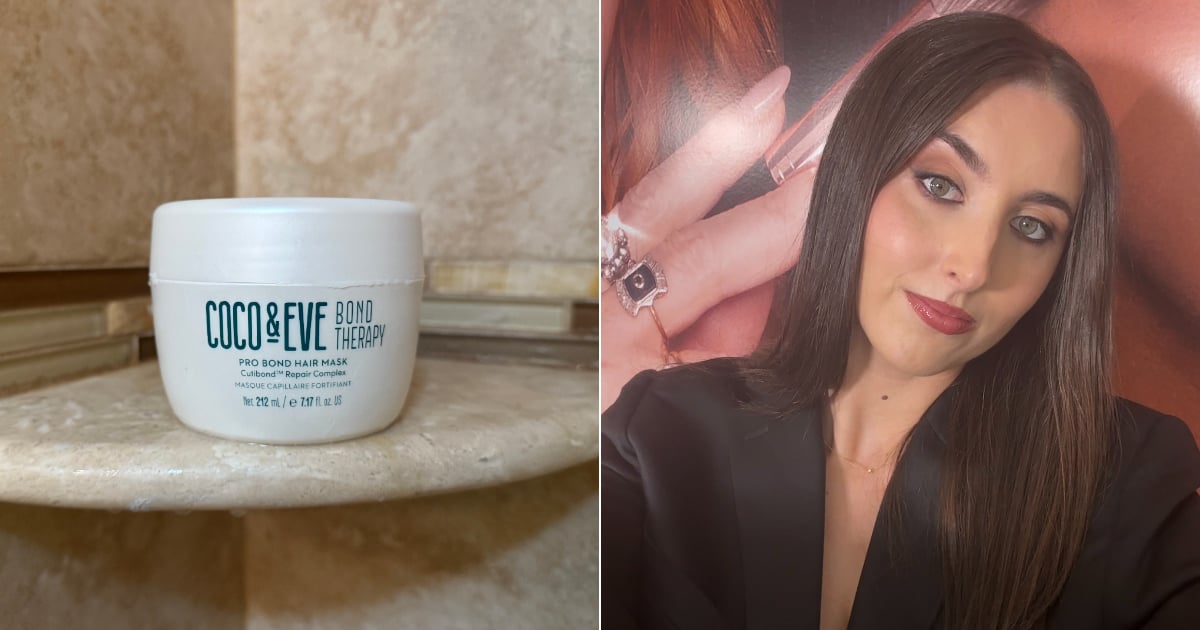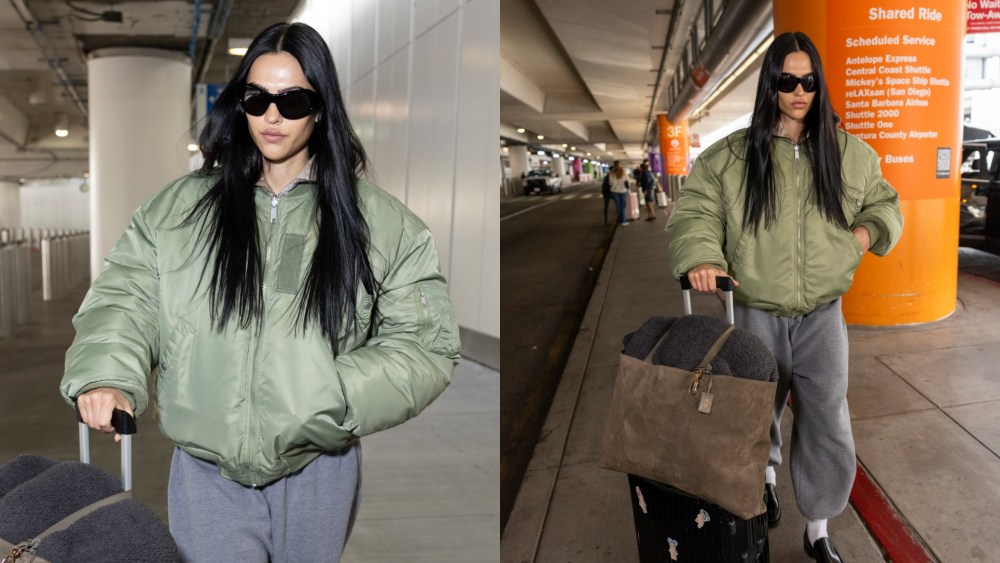In an about-face, after days of controversy and calls for a boycott over a new campaign that some critics deemed insensitive to the human suffering in the Israel-Hamas conflict, Zara has pulled an ad campaign.
The company announced the news Tuesday via Instagram, stating that the campaign had been conceptualized in July and photographed in September. By its own account, Zara said the images were of unfinished sculptures in a sculptor’s studio and was “created with the sole purpose of showcasing Craftmade garments in an artistic context.”
On Monday, a Zara spokesperson had declined comment about the controversy. At that point, the images had been removed from the retailer’s social media channels. However, the photos remained on its site, but not as prominently. That placement was said to be due to other products taking precedence, as is customary for chains to update their online assortments with newer products.
Thousands of social media critics have blasted the company for the props of limbless statues and a body cast among other elements, given the Israel-Hamas conflict.
The statement continued, “Unfortunately, some customers felt offended by these images, which have now been removed, and saw in them something far from what was intended when they were created. Zara regrets that misunderstanding and we reaffirm our deep respect towards everyone.”
Critics took issue with model Kristen McMenamy in a studded black leather jacket with what looks like a body form wrapped in white covering resting on her right shoulder. The limbless statues were also a point of consternation, given the conflict.
The company enlisted a team to handle the creative for the fourth-quarter Zara Atelier look book, which was released on Dec. 7. Wearing white powder makeup, McMenamy is featured in a variety of poses, including standing in what looks like half a body cast. Photographed by Tim Walker and styled by Ludivine Poiblanc, the campaign’s art direction was handled by Fabrien Baron’s Baron & Baron agency. Walker’s gallerist Michael Hoppen acknowledged that a media request would be shared with Walker’s office, but Walker’s team did not respond further, nor did his studio acknowledge direct requests. Poiblanc and Baron did not acknowledge media requests, nor did the campaign’s set designer Shona Heath.
Last year some called for a boycott of Zara after Trimera Brands chairman Joey Schwebel hosted a roundtable with ultranationalist politician Itamar Ben-Gvir at his home. Trimera Brands is the Israeli franchisee for Zara.



